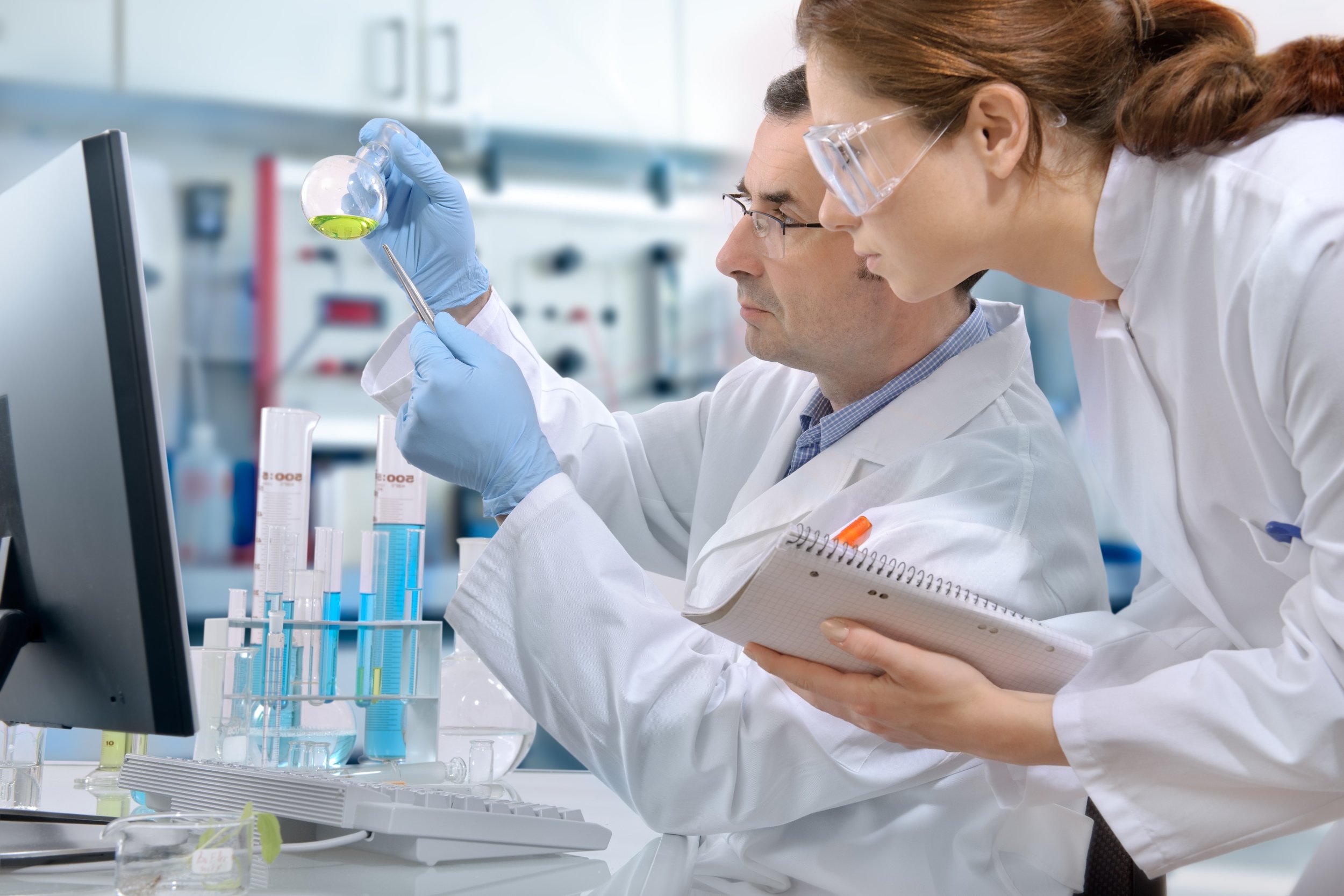Organic storage is a collection of biological samples stored under special conditions, primarily for research purposes. In recent years, the demand for automated biobanking has increased from academic and commercial organizations. Bio storage can be used to store a wide variety of biological samples from humans, animals, and other living organisms.
Advances in biomolecular research and information technology are now also making it possible to obtain important data from human biological samples. This can be very helpful in finding new medicines for cancer and other untreatable illnesses. Biorepositories play an essential role in this. If you want to learn more about biorepositories then you should visit https://www.geneticistinc.com/.

Image Source: Google
Different organizations from different fields like biotechnology, chemistry, and medicine make use of special services for organic storage. Pharmaceutical organizations are also in favor to store their biological specimens in specialized biobanks rather than using their own internal biorepositories. There are specialized companies that offer options for automated biobanking and sample management. Professionals ensure that all phases of organic baking are carried out under appropriate conditions.
As mentioned above, biorepositories collect and store biological samples. There are four steps involved in placing a bioassay in a dedicated bio-repository. The first step is to collect samples. In the second step, the sample is prepared for storage. The third step is to store and monitor the samples. The final step is to extract the sample.
Organic storage must provide storage conditions in a temperature-controlled environment, otherwise, the biological sample will not maintain its integrity. Incoming samples should be stored quickly and safely in a cool room. All sample information is stored in a database for easy access and retrieval. All biobanking tasks are automated.
